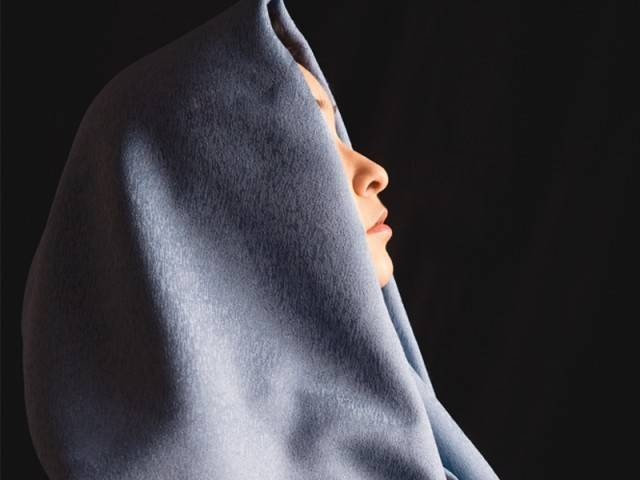Maid torture: CJ picks flaws in police probe report
Mian Saqib Nasir gives police exactly a week to complete its investigation and submit a final report

PHOTO: STOCK IMAGE
The chief justice also observed that the police report failed to explain the loopholes in the ‘compromise’ that had been reached under questionable circumstances. It also found the hasty handover of the child maid intriguing and called the role of the counsel for legal heirs suspicious.
The CJP promised that the apex court would look into all aspects of the case. He held out hope that the bail earlier obtained by the Additional District and Sessions Judge, Raja Khurram Ali Khan, and his wife could be cancelled.
He gave the police exactly a week to complete its investigation and submit a final report.
Justice Nisar earlier inquired about the legal status of the bail, especially, when the compromise has lost its essence in light of the statements of the legal heirs recorded before the apex court. In addition, more sections have already been included in the case and the suspects have not obtained bail under those sections.
The three-member bench, led by the CJP, also said that they would see if an extraordinary measure should be taken or the matter should be decided under the prevailing laws as there was no specific legislation for child rights, adding that the bigger issue was what laws were made for domestic workers, especially girls.
The CJP also remarked that the court can question the sessions judge who approved the compromise and granted custody of the child in a rush. “Who took the legal heirs of the victim to the lawyer, Raja Zahoorul Hassan, in the first place, who penned the compromise between the parties? Has the lawyer been investigated yet?” he asked.
Police informed the court that summons have been issued to include the lawyer in the investigation process.
Justice Umar Ata Bandial wanted to know why those involved in the girl’s employment have not been investigated. The statements recorded so far appeared incomplete despite the court’s earlier directions to take action against all those involved in the case.
He remarked that the investigation warranted action against the police as well.
The counsel for rights activists, Asma Jahangir, said that the police report was silent about the mafia involved in providing children for employment. The counsel said it was important to see the conduct of the judicial officers who allegedly provided cover to the suspect and his wife.
She said that the whole exercise would be useless if the child victim was not provided justice in view of the hype surrounding the case. She added that parliament also needed to take some concrete steps in this regard.
The judge and his wife were booked for allegedly torturing the child maid working in their house. Later, the father of the victim girl ‘forgave’ the judge and his wife “in the name of God”. The SC, however, took suo motu notice in the case and overruled the pardon granted to the suspects by exercising parental jurisdiction in the matter.
Meanwhile, the CJP directed the prosecution to examine if the case falls under section 370 (buying or disposing of any person as a slave) of the Pakistan Penal Code. The section states “whoever imports, exports, removes, buys, sells or disposes of any person as a slave, or accepts, receives or detains against his will any person as a slave, shall be punished with imprisonment of either description for a term which may extend to seven years, and shall also be liable to fine.”-
Once again, the CJP directed the AGP, advocate general Islamabad, prosecution, counsel for Human Rights Commission and rights activists to assist the court on where the trial should be conducted and how such events could be prevented in future. Also, the CJP granted three weeks to the parties to give their input on the issue of domestic help and workers.
Published in The Express Tribune, January 26th, 2017.



















COMMENTS
Comments are moderated and generally will be posted if they are on-topic and not abusive.
For more information, please see our Comments FAQ